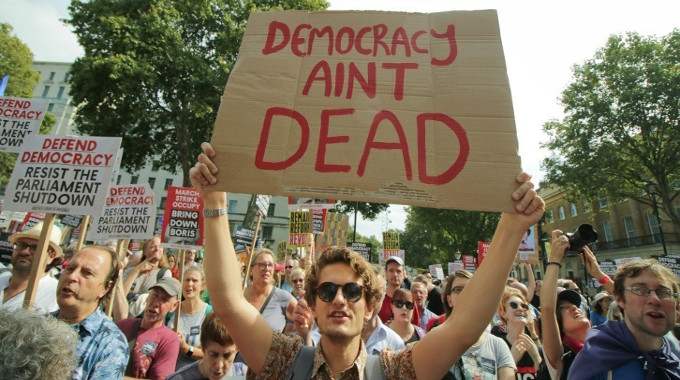

Those who deny their new reality are more prone to develop posttraumatic stress, depression, and anxiety. However, when a traumatic experience challenges these assumptions, the individual is confronted with a decision: (1) Uphold the previous beliefs and deny the reality, or (2) accept the new assumptions that the world is not benevolent, the world is not meaningful, and/or the self is not worthy. Based on these beliefs, most people tend to approach the world with optimism, trusting in their own worthiness, safety, and security. According to Janoff-Bulman, three assumptions are prominent: The world is benevolent, the world is meaningful, and the self is worthy. All human beings have certain assumptions about life that are not usually examined consciously. Janoff-Bulman (1992) refers to disruptions of these fundamental beliefs as shattered assumptions. For others, however, the sudden impact of an unexpected tragedy may ambush life-long beliefs that they’ve relied on for a predictable world.

For those of us who are more fortunate, our presumptions and perceptions about ourselves and the world may go unchallenged for years, as life falls more or less within our expectations. Yet most of us assume that whatever we encounter tomorrow will more or less be consistent with what we’ve encountered before in our routine daily experiences. 11th Biennial International Meaning Conference 2021įrom personal tragedies, such as accidents, illnesses, deaths, and relationship violence, to larger scale catastrophes, such as terrorist attacks, natural disasters, communal crimes, and violence, psychological traumas and losses could befall anyone in unpredictable ways.Newsletter: Positive Living in Difficult Times.Existential Positive Psychology Bulletin.Research Institute on Flourishing and Suffering (RIFS).Existential Positive Psychology (PP 2.0).


 0 kommentar(er)
0 kommentar(er)
